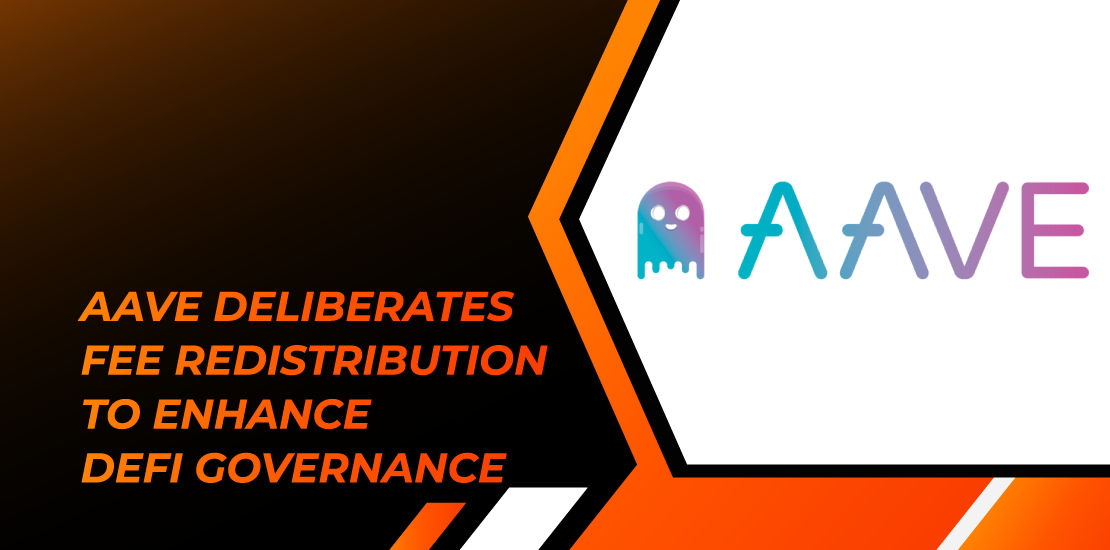- April 7, 2024
- Posted by: [email protected]
- Category:


Aave, a prominent decentralized lending platform, is poised to introduce a transformative change through the contemplation of a ‘fee switch’ mechanism. This proposed feature could potentially revolutionize fee distribution dynamics within the platform, presenting new opportunities for token holders and signaling a paradigm shift in DeFi governance.
Marc Zeller, the visionary behind the Aave Chan Initiative, recently hinted at this groundbreaking initiative on the X social platform, sparking anticipation and speculation within the crypto community. With plans underway for a forthcoming “temp check” to activate the ‘fee switch,’ Aave’s decentralized autonomous organization (DAO) is on the cusp of a significant decision that could redefine its operational framework.
Zeller’s revelation sheds light on Aave DAO’s impressive financial performance, with annual net profits reaching a staggering $60 million, equivalent to five years of operational expenses. This robust financial position underscores the platform’s stability and sustainability, providing a solid foundation for considering innovative governance mechanisms such as the proposed ‘fee switch.’
Aave, known for its pioneering role in decentralized lending across various blockchain networks, empowers users to access liquidity by utilizing cryptocurrency assets as collateral. The platform’s governance structure, embodied by the AaveDAO, grants token holders the authority to shape key decisions and policies, ensuring a community-driven approach to platform management.
In a previous discourse on the X social platform, Zeller hinted at the potential integration of fees for Aave stakers, suggesting an evolution in fee distribution mechanisms. By leveraging a revised version of the safety module, Aave aims to reward stakers through the distribution of collected fees, aligning incentives with long-term platform sustainability and growth.
The introduction of a ‘fee switch’ mechanism within Aave’s governance framework holds significant implications for the broader DeFi ecosystem. Such a feature empowers governance entities to dynamically adjust fee-related policies in response to changing market conditions and strategic objectives. This flexibility enhances the platform’s adaptability and resilience, fostering a conducive environment for innovation and growth.
Furthermore, recent discussions within AaveDAO have delved into the intricacies of collateral restrictions for Dai (DAI), a stablecoin widely utilized within the DeFi space. Proposals advocating for adjustments in Dai loan-to-value ratios (LTV) underscore the platform’s commitment to robust risk management practices, ensuring the stability and integrity of its lending protocols.
In addition, decentralized exchange Uniswap is on the brink of introducing its own fee switch proposal, aligning with broader industry trends towards optimizing fee structures and enhancing governance mechanisms. These developments underscore the maturation and sophistication of the DeFi ecosystem, positioning platforms like Aave and Uniswap at the forefront of innovation in decentralized finance.



